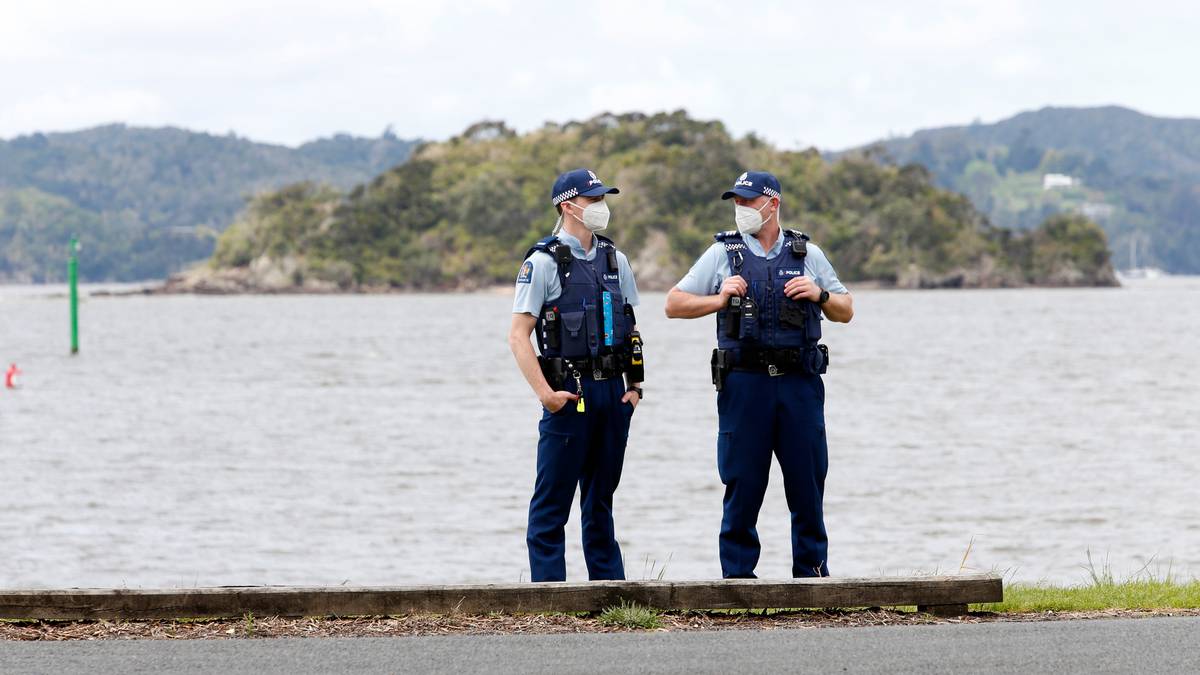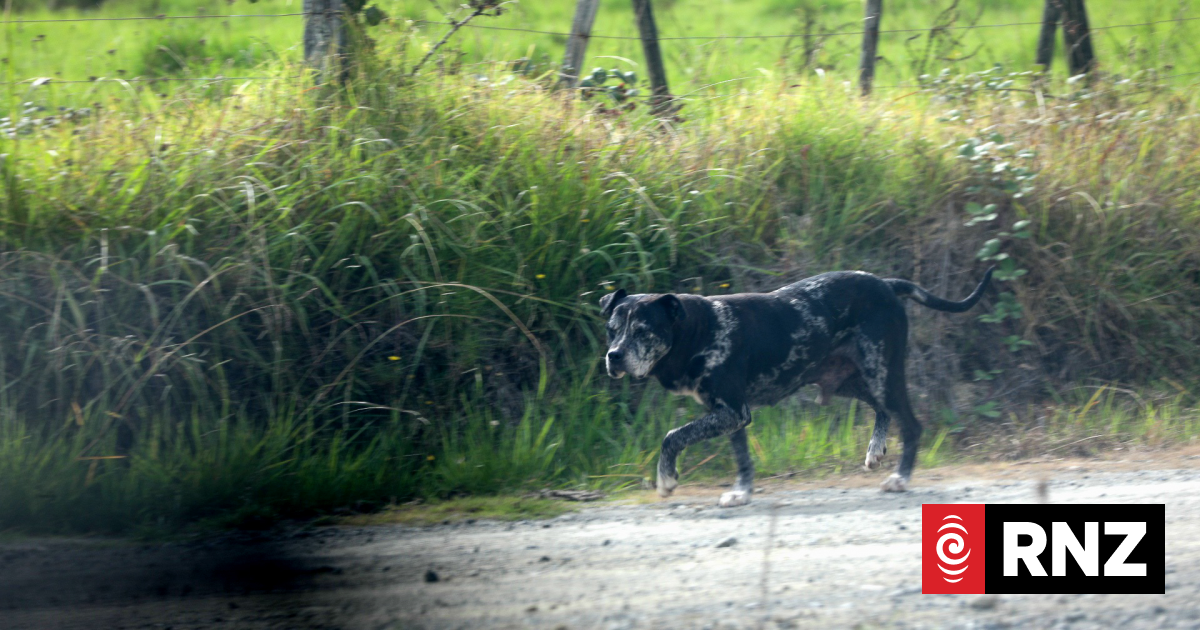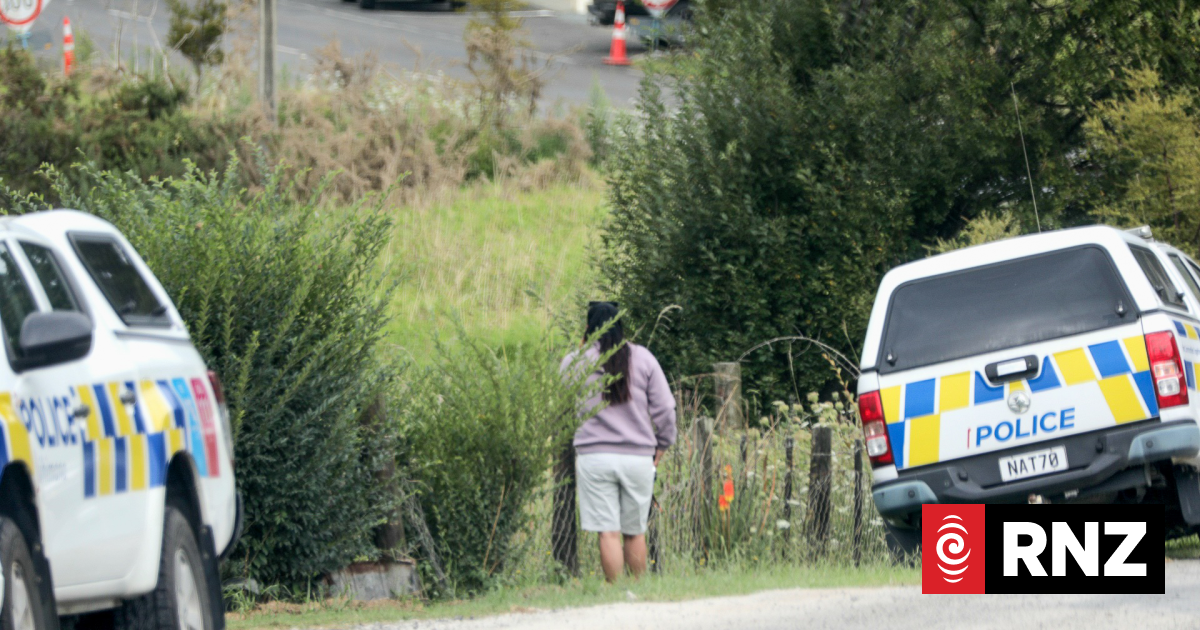Police numbers have not yet risen by as much as the Government promised five years ago. Photo / Michael Cunningham
Northlanders are asking where the police who used to patrol the streets have gone.
The long arm of the law appears to be shortening – or at least the sight of it – which the
Police Association says is down to a mix of issues: growing demands, rising attrition rates, absenteeism, violence on the frontline – the list goes on.
But Acting Superintendent Justin Rogers, Relieving Northland District Commander, countered by saying Northland has the highest percentage increase in police officers.
At a public meeting last week, Northland Chamber of Commerce president Tim Robinson raised the issue with National’s police spokesman Mark Mitchell.
“How do we actually free up police to ensure we’ve got a visible presence?” he asked.
Robinson earlier told the Advocate of his concerns about a lack of police patrols.
“The single thing we keep circling back to is saying we need a police force that’s actually visible. I think that’s the drum we’ll keep beating over and over again.”
/cloudfront-ap-southeast-2.images.arcpublishing.com/nzme/EQUZQ4SRXQGBJQVEVRDFEJNYXI.jpg)
Concerns over an apparent lack of police were echoed in other parts of the region.
Paihia resident Morgan Pollock was so concerned about crime and the lack of police in the town she started a petition last year to reopen the local police station.
Following the petition, and a public meeting held to discuss it, a two-month trial was held to open the station three days a week, for four hours a day.
And the number of police seen around Paihia rose immediately after the meeting but it did not last, Pollock said.
“We started seeing them around town but it’s now tapered off again.”
She did not know whether the police station remained open after the trial period, as she had not had any communication from police.
Police could not immediately confirm to the Advocate whether the station was still open – but no set hours are listed on their website.
/cloudfront-ap-southeast-2.images.arcpublishing.com/nzme/W3636FITUSOGEPJCIBWLLGFGSU.jpg)
Pollock said she rarely left her home for anything other than trips to the supermarket, as she was concerned for her own safety.
One Dargaville resident, who did not want to be named, said she had called police over one incident at night and they were not able to attend at all.
Another said police had been fairly slow to respond recently and were not as visible in the community.
“They used to be seen around Dargaville but not so much now,” she said.
“You see them in their cars sometimes but not walking the streets.”
Kaikohe Business Association vice-chair Linda Bracken has spoken to the Advocate a number times in recent months about a lack of police in the town.
Earlier this year, she was present when police took well over half an hour to respond to a brawl between rival gang members in Kaikohe’s main street.
Since then residents have been fighting to have a 24/7 police station in the town again, so officers do not have to come from Kawakawa.
“They’re critically short of staff, they’re recovering from Covid and the extra needs there,” Bracken said.
Ambulance staff and the fire brigade were also struggling to make up numbers in the area, she added.
/cloudfront-ap-southeast-2.images.arcpublishing.com/nzme/JYKEVBMFW2N2HAHEHXSYE3W4C4.jpg)
Bracken said the police stepped up their presence in the area since the recent gang warfare, which included a series of shootings, and there were now visible patrols in the town.
“Our local reassurance officer, she’s walking down the street on a daily basis by herself.”
Police Association president Chris Cahill said police attrition rates had risen recently, although they had been at an extreme low during the Covid pandemic.
“It’s certainly picked up from the lows that we’ve experienced over the last two years but we have to accept that that was artificially low because of Covid,” Cahill said.
There were a number of reasons officers were leaving the profession, he said.
“Without a doubt, it’s been a tough few years for police – the job has changed, the demands, they’re very busy.
“We’ve had a big increase in demand across some of the key things like family harm, mental health… they’re feeling pretty overwhelmed.”
There had also been an increase in the amount of violence police faced, Cahill added, with more than 1000 serious assaults on officers in the last 12 months.
The number of staff who left due to vaccine mandates and did not return was very small, he said.
/cloudfront-ap-southeast-2.images.arcpublishing.com/nzme/V7GC26XVVHMZJEOQPR5YTTGQBI.jpg)
Cahill said Northland had problems with absenteeism for a variety of reasons including sickness.
“The issue with Northland is where you have a lot of rural policing, if you lose one or two for an extended period, it can have a real impact on those communities.”
National police spokesman Mitchell observed that although more police were graduating, the Government had not yet kept its promise of 1800 extra police officers amid an increased attrition rate.
But Cahill said the Government was “slowly delivering” on 1800 new officers, promised in 2017.
However, demand for police services had risen by close to 60 per cent since 2017, he said.
The original plan was to have all the new officers trained in three years, but there were only 1300 more – over and above attrition – by 2020.
The attrition rate was almost 5 per cent in the year to May 31, up from 2.86 per cent in the previous 12 months.
“In saying that, we’re certainly seeing experienced officers leaving the force – which is a real concern to us,” Cahill said.
“They’re the experienced officers that we really need to help train and mentor the new staff coming through.”
Acting Superintendent Rogers said Northland’s geography and the location of some of the more remote communities were a challenge for police visibility.
“Our staff working in these areas are passionate and committed to doing all they can for their community.”
/cloudfront-ap-southeast-2.images.arcpublishing.com/nzme/BGQQOGUM53CHOF4WDC7NPKJR4A.jpg)
Rogers said the overall attrition rate for police is low, and Northland’s is currently lower than the national average.
“Northland has received the highest percentage increase in police officers compared to any other district in the past five years,” he added.
He said Northland police continue to deploy their service wherever there is demand.
“This means prioritising deploying our staff to incidents involving risk, such as threats of violence against a person or property,” Rogers said.
“We are always looking at ways to improve our service to all of Northland’s communities, which we note are continuing to grow and bringing additional calls for service.”




